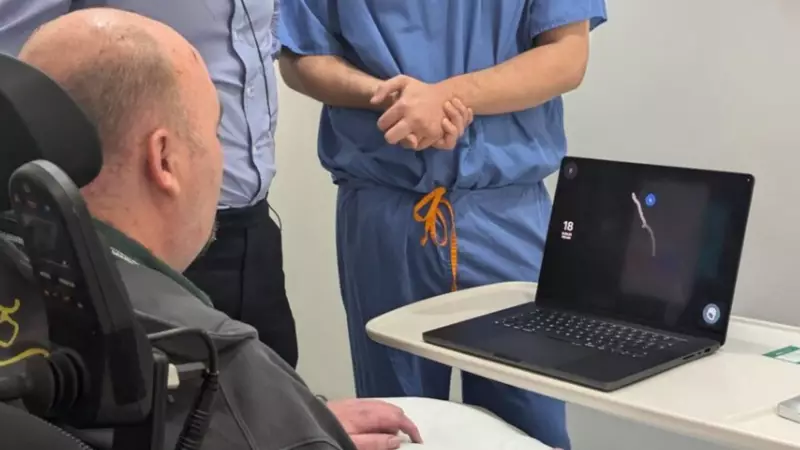
In a revolutionary medical achievement that sounds like science fiction, a paralyzed man in the United Kingdom has become the first human to successfully control a computer cursor using only his thoughts through Elon Musk's Neuralink brain-chip technology.
The Groundbreaking Neuralink Implementation
The pioneering procedure represents the first-ever human implementation of Neuralink's brain-computer interface technology outside the United States. The patient, who suffers from paralysis, has demonstrated remarkable ability to navigate digital interfaces and even explore video gaming possibilities through pure neural signals.
How the Mind-Control Technology Works
Neuralink's sophisticated system involves a tiny chip implanted in the brain that interprets neural activity and translates thoughts into digital commands. This breakthrough enables individuals with severe mobility restrictions to interact with computers, potentially transforming how paralyzed patients communicate and engage with the digital world.
Beyond Basic Computer Control
What makes this development particularly exciting is the patient's progression beyond simple cursor movement. Medical teams are now exploring more complex interactions, including:
- Playing video games through thought commands alone
- Advanced communication interfaces for non-verbal patients
- Potential applications for environmental control systems
- Future possibilities for robotic limb control
A New Era for Assistive Technology
This Neuralink success story marks a significant leap forward in neurotechnology and assistive devices. For millions living with paralysis worldwide, this technology promises unprecedented independence and digital accessibility, potentially restoring capabilities once considered permanently lost.
The UK-based achievement demonstrates the rapid advancement of brain-computer interface technology and its practical applications in medical science. As Neuralink continues to refine its technology, the potential for restoring mobility and communication abilities to paralyzed individuals grows increasingly tangible.





